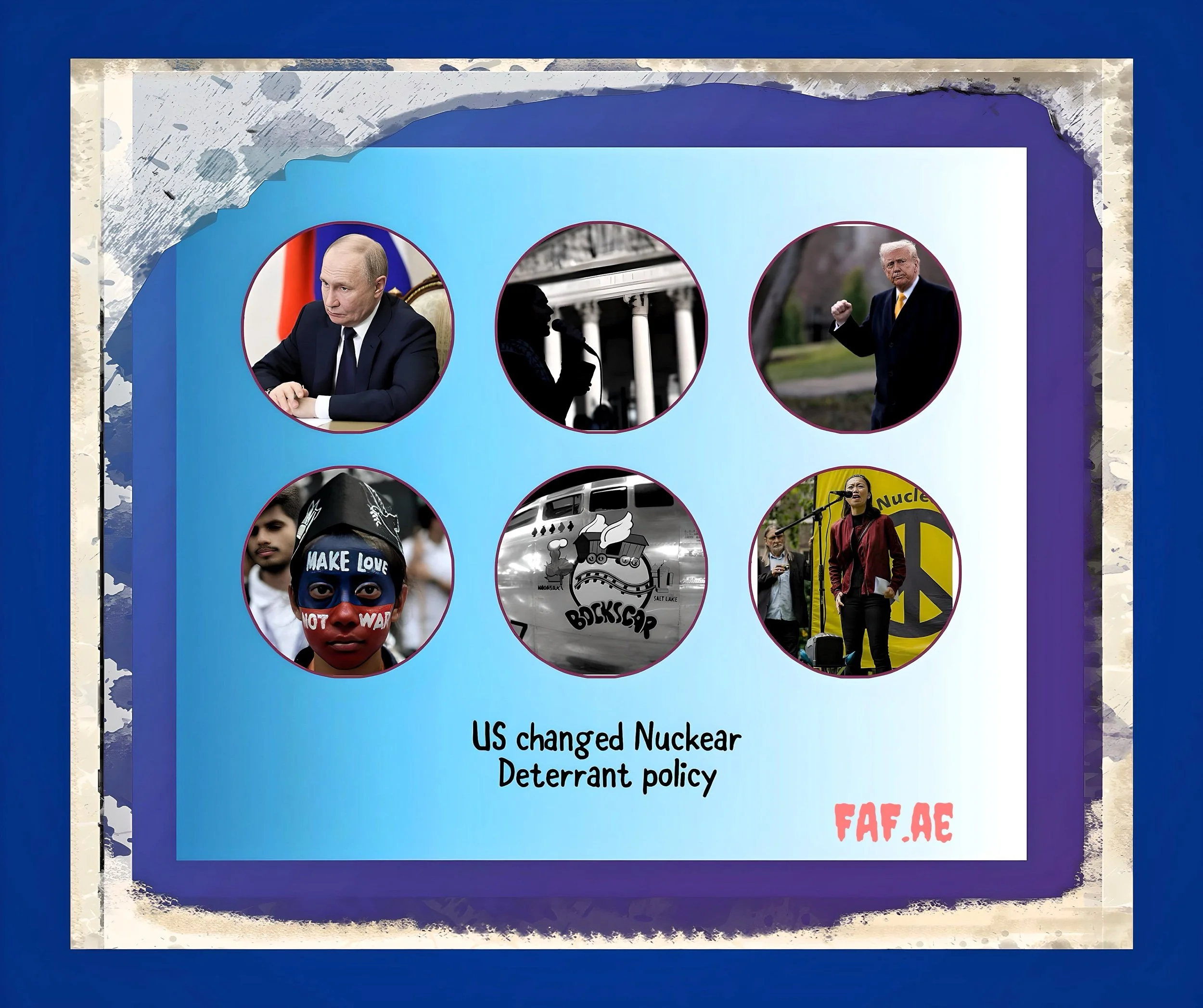Judea and Samaria: Between Palestinian Authority Control, Hamas' Growing Influence, and Security Escalation.
Introduction
In recent weeks, there has been a significant escalation in the security situation in Judea and Samaria, marked by a sharp increase in attacks against Israeli civilians and soldiers. Additionally, Hamas and Islamic Jihad have strengthened their presence in the region, while the Palestinian Authority (PA) has weakened. This volatile reality risks opening another front against Israel.
A Brief History: What Is Judea and Samaria?
Judea and Samaria, also known as the "West Bank," is located east of Israel, bordering Jordan. It has been a point of international contention since the Six-Day War in 1967 when Israel captured the territory from Jordan. Under the Oslo Accords (1993-1995), the area was divided into three zones:
Area A – Under complete Palestinian Authority control.
Area B – Palestinian civil control with Israeli security oversight.
Area C – Full Israeli security and civil control.
The PA was intended to manage Palestinian affairs. Still, its power has significantly diminished, especially since Hamas took control of the Gaza Strip in 2007 and began challenging the PA’s authority in Judea and Samaria.
Recent Security Escalation and Attacks
Tensions in the region have escalated notably since Hamas' October 7 attack from Gaza. Terror organizations in Judea and Samaria have intensified their activities, with a rise in deadly attacks, including shootings, stabbings, and bombings targeting Israeli soldiers and civilians.
According to reports from Channel 12 and Israeli security officials, the IDF and Shin Bet have increased operations in the area, conducting arrests and disrupting terrorist cells. However, Hamas and Islamic Jihad continue to recruit and arm new militants, particularly in northern Samaria, in cities such as Jenin, Nablus, and Tulkarm, where armed strongholds are emerging.
The Palestinian Authority
Weakening Amid Hamas and Islamic Jihad’s Rise
The Palestinian Authority, led by Mahmoud Abbas, continues to weaken in Judea and Samaria, allowing Hamas and Islamic Jihad to expand their influence.
Many young Palestinians view the PA as corrupt and ineffective, while Hamas positions itself as a militant alternative against Israel.
Despite ongoing security cooperation with Israel, the PA faces accusations of betrayal from its people. Protests against the PA have turned violent, raising concerns that Hamas may attempt to seize control of Judea and Samaria, replicating its 2007 takeover of Gaza.
Controversy Over the Release of Security Prisoners
As part of negotiations for the release of Israeli hostages held by Hamas in Gaza, Israel has agreed to release Palestinian security prisoners, including those convicted of murdering Israeli civilians. This issue has sparked heated political and public debate in Israel:
The Israeli right argues that such concessions encourage further kidnappings and allow released terrorists to resume their activities.
The Israeli left views these releases as a necessary humanitarian step to secure the return of hostages.
Reports indicate that some recently released prisoners have already returned to terrorist activities, fueling public criticism of the government’s handling of the situation.
IDF Operations
Confronting Terrorism on Another Front
Amid the growing presence of Hamas and Islamic Jihad in Judea and Samaria, the IDF has launched a series of operations to prevent further escalation:
Nighttime arrest raids
Hundreds of terrorists have been detained in recent months.
Weapons lab destruction
Security forces have confiscated significant amounts of weapons and uncovered tunnels and bomb-making facilities.
Targeted counterterrorism operations
High-ranking terrorists involved in attacks have been eliminated.
While these operations have thwarted numerous planned attacks, the situation remains highly volatile. Should the PA collapse, Israel could face complete security chaos in the region.
Future Implications: Is a Full-Scale Escalation Imminent?
The situation in Judea and Samaria remains sensitive and complex, with growing concerns over a potential Hamas takeover of additional areas, which could lead to widespread conflict. Israel is already engaged in military operations in Gaza while simultaneously preparing for any scenario in Judea and Samaria.
The central question is whether stability can be restored or whether the region will continue spiraling toward further violence. In the meantime, Israel continues its proactive security measures, recognizing that Hamas and Islamic Jihad remain determined to destabilize the region.
Accurate Perception of Israeli Citizen-State Relations
A Divided View
In Israel, opinions about the ongoing situation in Judea and Samaria are deeply divided. Citizens on the far-right often see Israel’s actions as a necessary response to terrorism, emphasizing security measures, including military operations and settlements, as essential to protecting Israeli civilians. They view the security situation as existential, believing that strong, proactive measures are needed to secure the future of Israel.
On the other hand, those on the far left often criticize the military presence and the expansion of settlements, advocating for a shift towards diplomatic solutions and a reduction in military intervention. They express concern over the occupation's humanitarian impact and believe that a political solution is crucial to resolving the long-standing conflict.
This split in perception is reflected in public discourse, where both sides passionately assert their views. Many Israelis, caught between these extremes, struggle to find a middle ground between the desire for security and the pursuit of peace.
Conclusion
A Complex Reality with Far-Reaching Consequences
The political and security landscape in Judea and Samaria remains in constant flux, with the weakening Palestinian Authority on one side and the strengthening of Hamas and other terror organizations on the other. Internal Palestinian conflicts directly impact Israel’s security, increasing the risk of further escalation.
Israel must navigate a multifaceted security crisis to prevent further deterioration in this challenging reality. Understanding the region’s dynamics is essential for anyone seeking a broad and balanced perspective on the Israeli-Palestinian conflict.






